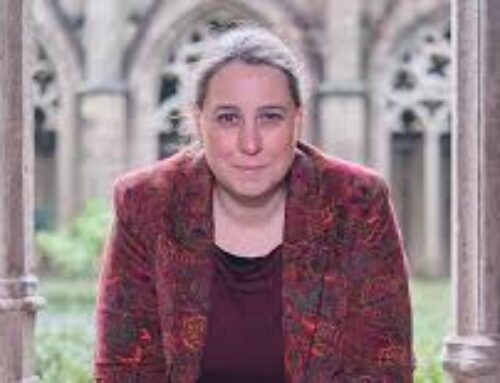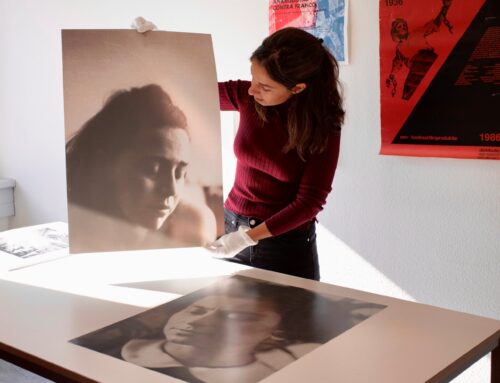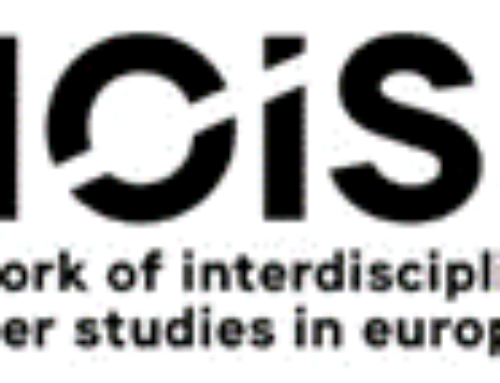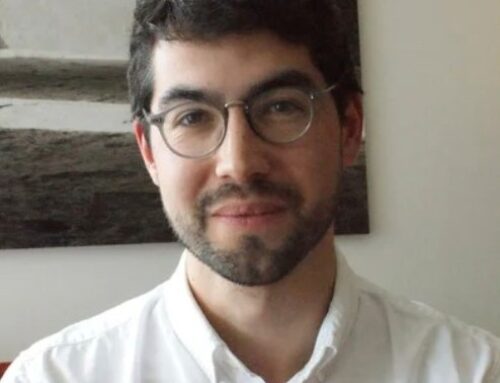Masterclass with Dr. Chelsea Schields
Thursday November 14, 2019
Utrecht University
Drift 23, room 0.20
10.30 – 12.30 hrs
Racial Knowledge in the Afterlife of Slavery
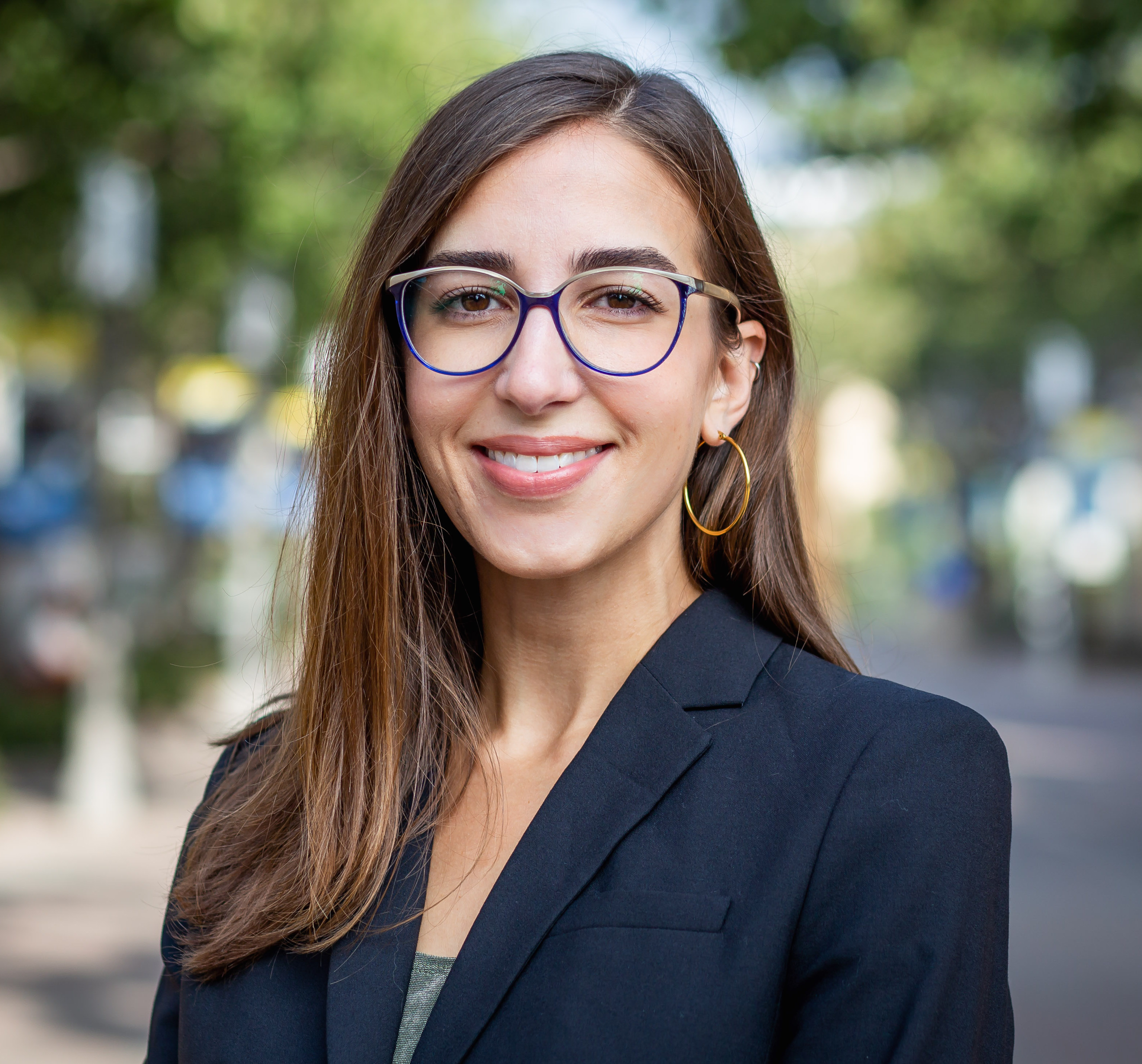
In this masterclass, participants will consider the global itinerancy of racial knowledge. The masterclass is open to all PhD and Research Master students interested in race, sexuality, and/or knowledge production and circulation. While many have insisted that racisms transform in their circulation, social scientific literature on race, and in particular on black family life, have instead traveled with remarkable constancy. Through reading of Daniel Patrick Moynihan’s 1965 “Report,” Hortense Spillers’ “Mama’s Baby, Papa’s Maybe: An American Grammar Book” (1987), and (optional, in Dutch) Marion van San’s “Schaamte, schande en gezichtsverlies” (1997), we will consider how racial knowledge has structured state policies, citizenship, and subjecthood throughout the post-slavery Global North, drawing into question the perceived national particularities of race and racism. During the masterclass, participants will have a chance to discuss their research and research plans as they broadly relate to the intersections of race, sexuality, and the transnational formation of racial knowledge and racial regimes.
Readings:
- Moynihan, Daniel Patrick. 1965. “The Negro Family: The Case for National Action.” Washington, DC: Office of Policy Planning and Research, United States Department of Labor.
- Spillers, Hortense. 1987. “Mama’s Baby, Papa’s Maybe: An American Grammar Book. Diacritics 17(2): 64-81.
- van San, Marion. 1997. “Schaamte, schande en gezichtsverlies: Hoe Curagaose moeders aankijken tegen het delinquente gedrag van hun zonen.” Amsterdams Sociologisch Tijdschrift 24(3-4): 464-495.
Registration:
Participation is open to all PhD and Research Master students interested in race, sexuality, and/or knowledge production and circulation.
PhD and RMA students will be awarded 1 ECTS for attending the masterclass and the Decolonizing Sex lecture by Chelsea Schields on Wednesday November 13 (17.30 – 19.00 hrs at Drift 21, room 0.32).
Please register for the masterclass before November 11, 2019 by sending an email with a short motivation and your affiliation (study programme, university, research school) to: nog@uu.nl
Dr. Chelsea Schields is Assistant Professor of History at the University of California, Irvine. Her scholarship, which explores the histories of sexuality, race, and decolonisation in Europe and the Caribbean, has recently appeared in Radical History Review, Gender & History, and the New West Indian Guide. She is currently completing a book manuscript, Closer Ties: The Politics of Intimacy after Empire, which explores how discussions on sexual and reproductive politics drew together European and Caribbean interlocutors, even as empire ended. A trans-Atlantic history of the Netherlands and its overseas territories in the Caribbean, the book argues that intimacy has served as the premiere site for refashioning postcolonial ties in this commonwealth state.
———————————————————————————————————————
Decolonizing the Human Lecture by Dr. Chelsea Schields
Wednesday November 13, 2019
Utrecht University
Drift 21, room 0.32
17.30 – 19.00 hrs
Decolonizing Sex
In the global age of decolonization, activists in the Dutch Antillean diaspora waged the struggle for independence in the bedroom. Returning to the neglected but robust archives of Antillean anti-colonial movements – from radical student groups Vito and Kambio in the 1960s to the feminist Union di Muhe Antiano in the 1980s – this talk explores how and why leftists identified sex as site of decolonization. It draws several lessons from Antillean insurgency: first, linking Antillean arguments to revolutionary Cuba and the US Black Power movement, it highlights the routes of radicalism that spanned the Black Atlantic world and proposes an alternate geography of the sexual revolution. Second, Antilleans’ imaginative participation in the sexual revolution also offers new reasons for the politicization of sexuality at empire’s end. Unlike many contemporaries of the sexual revolution, Antillean leftists viewed sex as a site for radical political transformation precisely because of its historical connection to brutality, not pleasure. Finally, reading Antillean arguments alongside postcolonial, Black and Caribbean feminist theory, this talk questions how normative conceptions of both decolonization and sexuality have repressed the erotic imaginaries of Antillean leftists and asks what lessons they might offer social movements today.
Background reading:
- Schields, Chelsea. 2019. ‘Eros Against Empire: Visions of Erotic Freedom in the Archives of Decolonisation.’ Tijdschrift voor Genderstudies 22(2): 145-161.
Please register for this lecture at decolonizingthehuman2019@gmail.com
You can also read the info on the masterclass and lecture be here.



